This article has been written by Kpopmap AI.While we have made efforts to ensure the accuracy of the article, there may be errors or inaccuracies.
In a notable development within the Korean entertainment industry, G-Dragon, a prominent figure and musician, recently found himself at the center of drug use allegations, sparking widespread media attention and public scrutiny. The Broadcasting Review Subcommittee of the Korea Communications Standards Commission held a deliberation on complaints related to the coverage of these allegations against G-Dragon, also known as Kwon Ji-yong, by various JTBC programs. The complaints accused the programs of defaming the artist by relying on maliciously edited videos and unsubstantiated claims, leading to a decision of "deferred judgment" by the committee.
The controversy began when JTBC's "Sangam-dong Class" aired a segment on October 26 last year, suggesting abnormalities in G-Dragon's speech and behavior based on unclearly sourced videos from social media and online communities. Similar accusations were levied against another program, "Case Captain," which purportedly broadcasted content concluding G-Dragon's drug involvement based on edited footage and comments. Additionally, a broadcast by "News 5 After" on November 10 reported that G-Dragon had shaved his entire body before voluntarily appearing at the police station, further fueling the allegations and complaints.
During the committee's review, opinions were divided. Some members proposed administrative guidance in the form of a "recommendation," citing the inappropriateness of broadcasting prejudiced views that suggested drug use based solely on an individual's speech or gestures. Others questioned the fairness of singling out JTBC for review when the issue stemmed from a broader problem involving media reporting practices influenced by law enforcement's investigations into celebrity drug suspicions.
It was acknowledged that while G-Dragon and his fans might view the coverage as unfair, considering his status as a public figure and the existing suspicions at the time, the ultimate finding of no evidence against him highlighted potential violations of objectivity. This acknowledgment came against the backdrop of G-Dragon's voluntary cooperation with the police investigation in October of the previous year, which included undergoing drug tests that returned negative results, leading to the closure of the case by police in December with a verdict of no charges.
This incident has reignited discussions on the responsibilities of the media in reporting on celebrities and the need for a balanced approach that respects individuals' rights while acknowledging public interest. As the dust settles on this case, the focus shifts to the implications for media practices and the ongoing debate over privacy, public interest, and the portrayal of public figures in South Korea's vibrant entertainment landscape.
 1 week ago
26
1 week ago
26







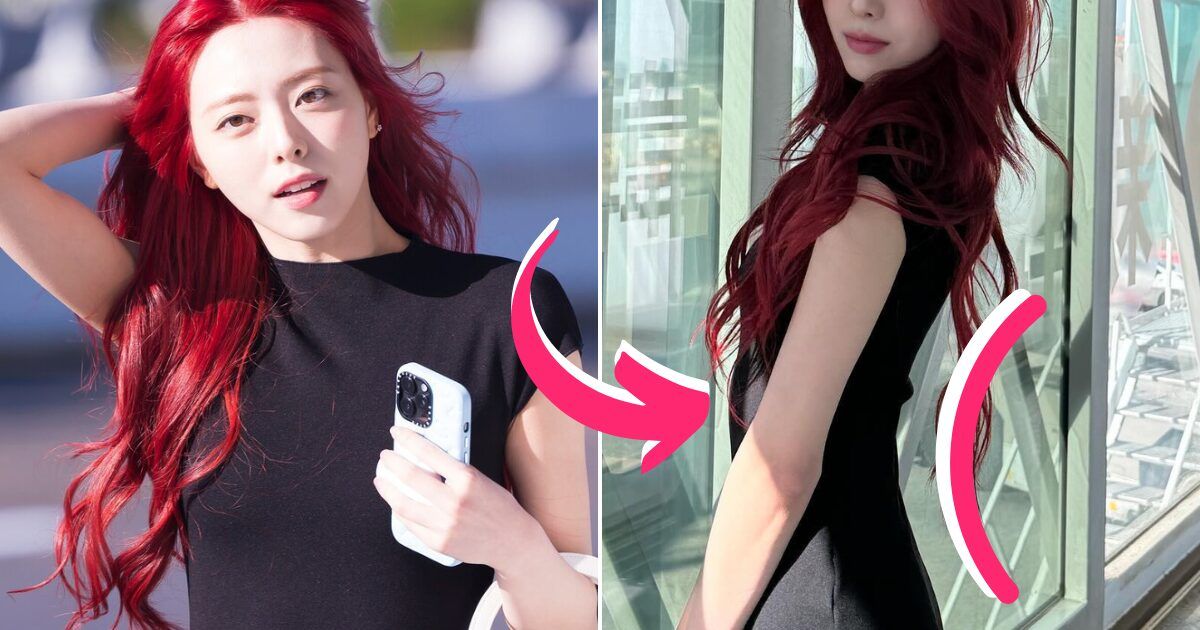

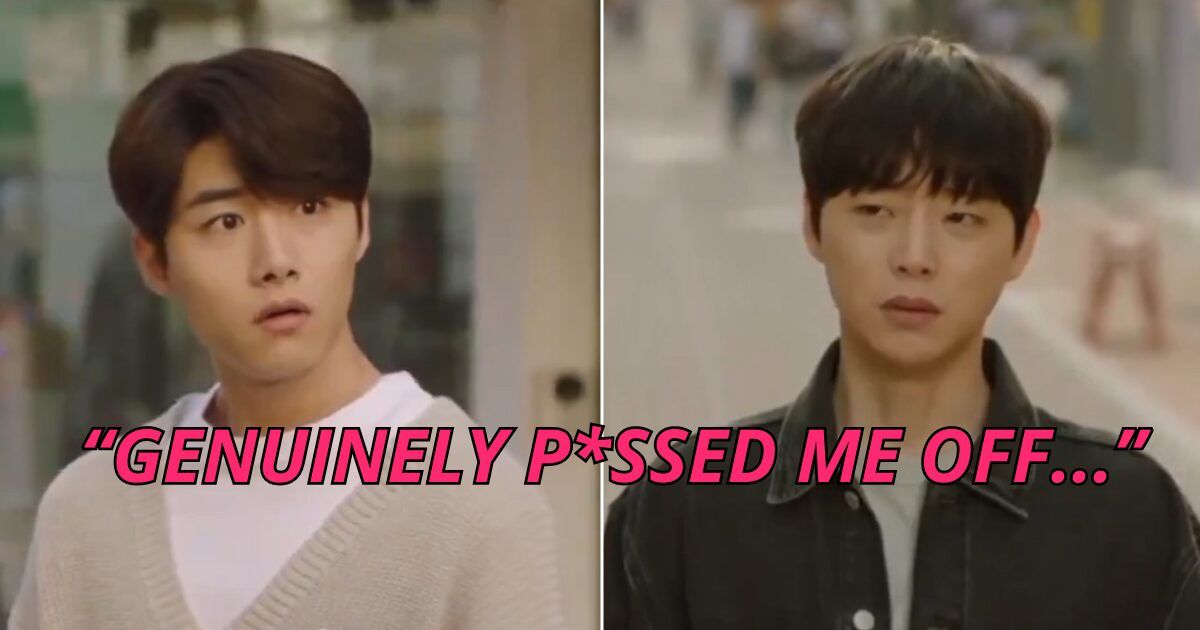
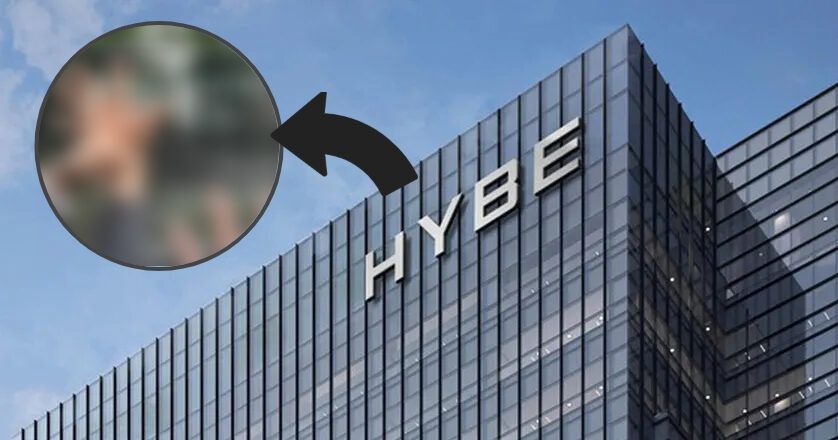

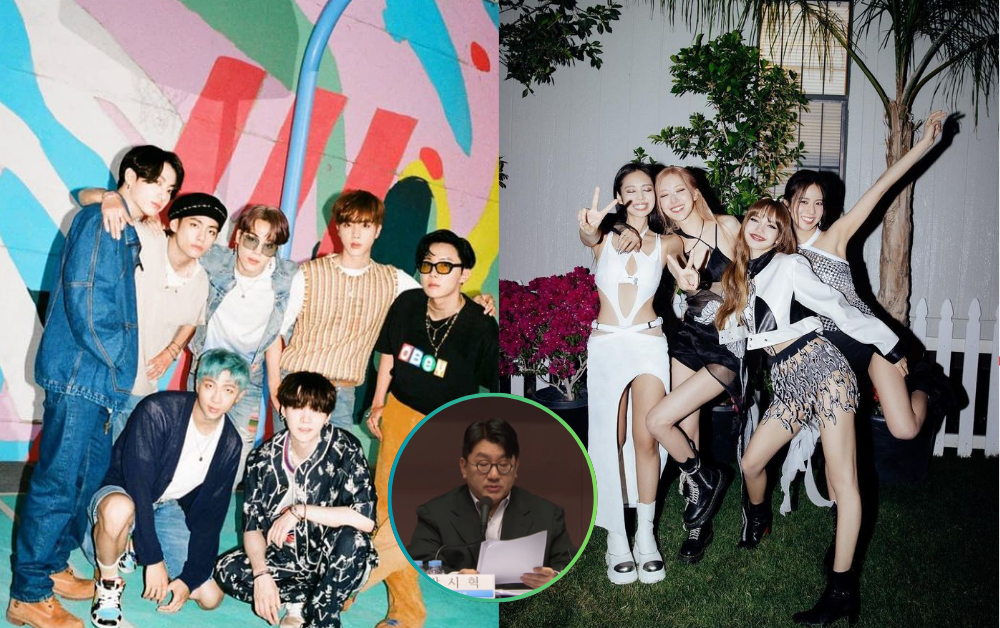
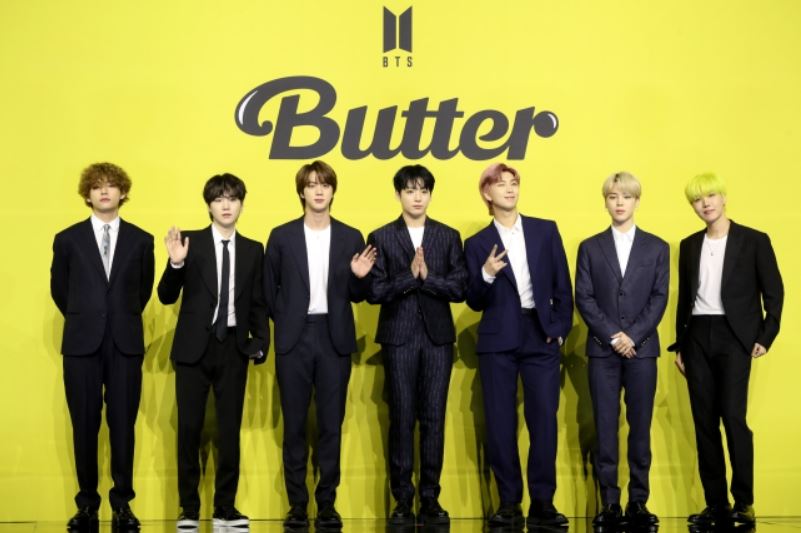

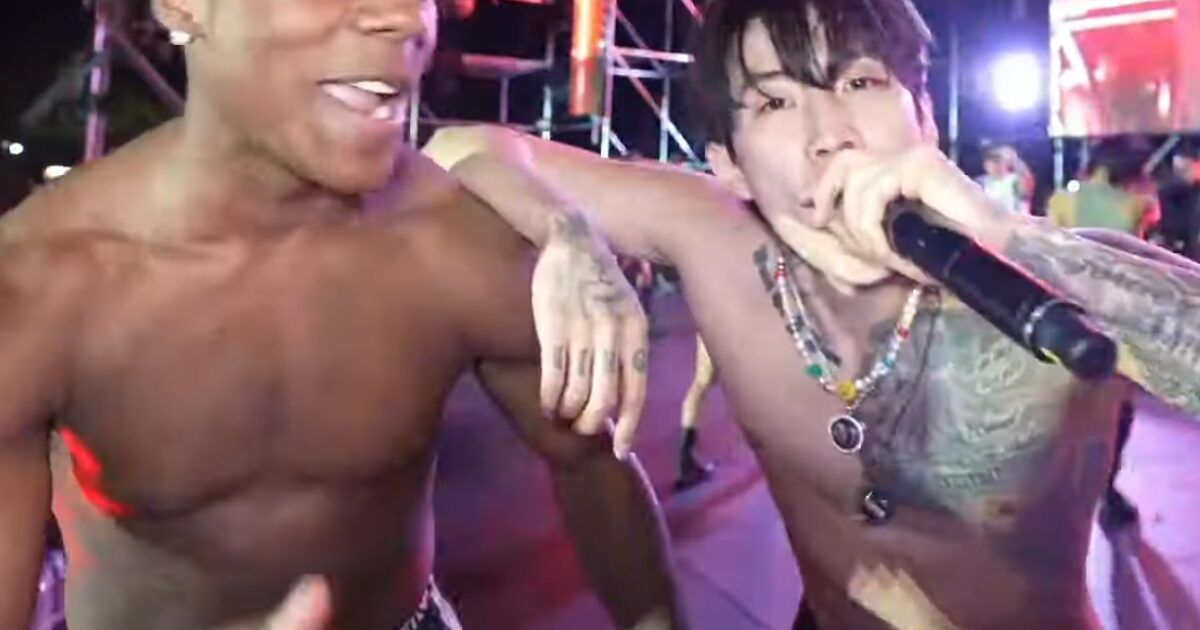


 English (US) ·
English (US) ·